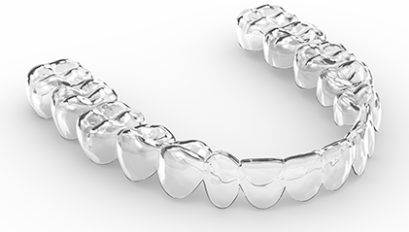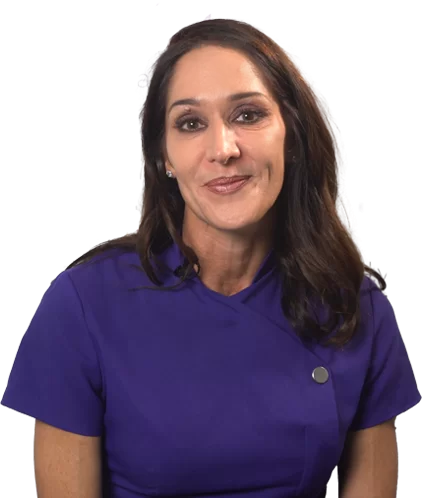Because gum disease progresses slowly and often without painful symptoms, routine appointments are essential in flagging it up early, so it can be treated before it adversely affects your oral health. Hygienist appointments are a worthwhile investment into the health of your smile, potentially saving you from requiring a complex restorative dental procedure in the future, or from a tooth extraction.
Hygienists also play a key role in educating patients about how best to use dental aids like brushes and floss, and can advise you on diet and lifestyle.
Enquire Now

















